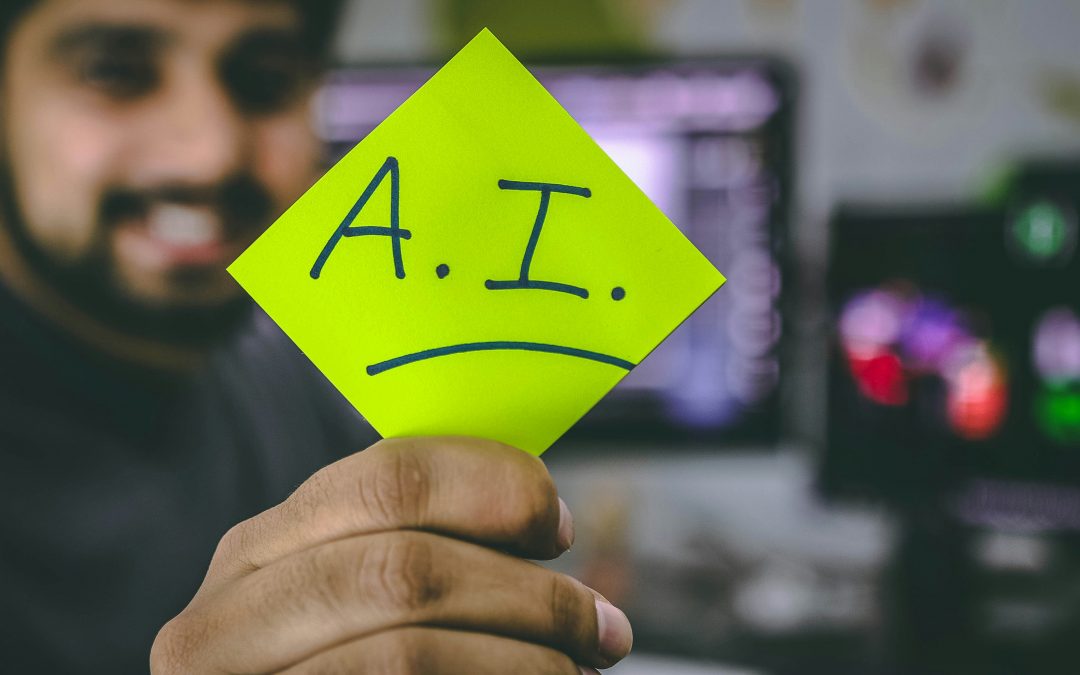A year on
Back in May 2023 we looked at how new AI technologies such as ChatGPT could impact on the world of Software Testing. At the time tasks such as generating and executing test cases, analysing test results and creating test reports were seen as ripe for acceleration with artificial intelligence. A year on, where does the industry stand now and what innovations are about to enter the market?
It’s fair to say that AI hasn’t wiped out the human software tester and it doesn’t look likely to happen any time soon. AI capabilities are beginning to appear in mainstream test products, albeit often addressing specific tasks or undertaking preliminary ground work for a human tester to pick up and work with. Forrester has predicted software testers who use AI will see a 15-20% increase in productivity, so the gains are there to be made.
While some companies are utilising generative text like capabilities similar to ChatGPT in an attempt to create a generic software test assistant, it remains to be seen if these are reliable and capable enough to actually use in a real-life business environment.
Current tools
What may be of more use currently are tools such as Diffblue Cover. Tools that can automatically write unit tests for Java by utilising reinforcement learning to analyse the code and generate human readable, executable tests. The system rapidly increases coverage including edge cases, updates tests after a code change and documents the code as it goes. The system is described as “promising” by Forbes and is used by the likes of Cisco and Goldman Sachs.
German company Octomind has just secured a $4.8m investment for its AI agent that when provided with the address of a website can determine what needs to be tested. The agent then writes the tests (and keeps them up to date) and runs them in Playwright – all without any human interaction. Their client list boasts the likes of Microsoft and Apple.
Continued change
The landscape of software testing is undeniably being transformed by artificial intelligence, but it’s a gradual evolution rather than a sudden revolution. As of 2024, AI has not replaced human testers, but rather has become a powerful tool that enhances their productivity and efficiency.
Innovations like generative AI and learning-based test generation are proving their worth in real-world applications, with notable companies investing in these technologies to streamline their testing processes. However, the reliability and effectiveness of these tools still require human oversight.
As AI continues to mature, its integration into software testing promises to deepen, and is bound to bring even more significant changes to the industry.

